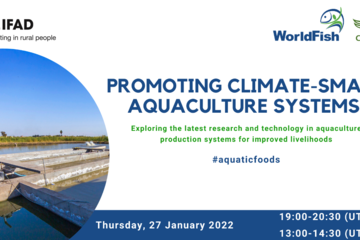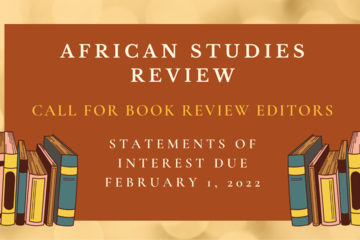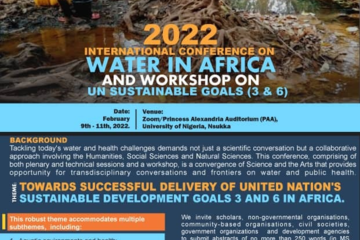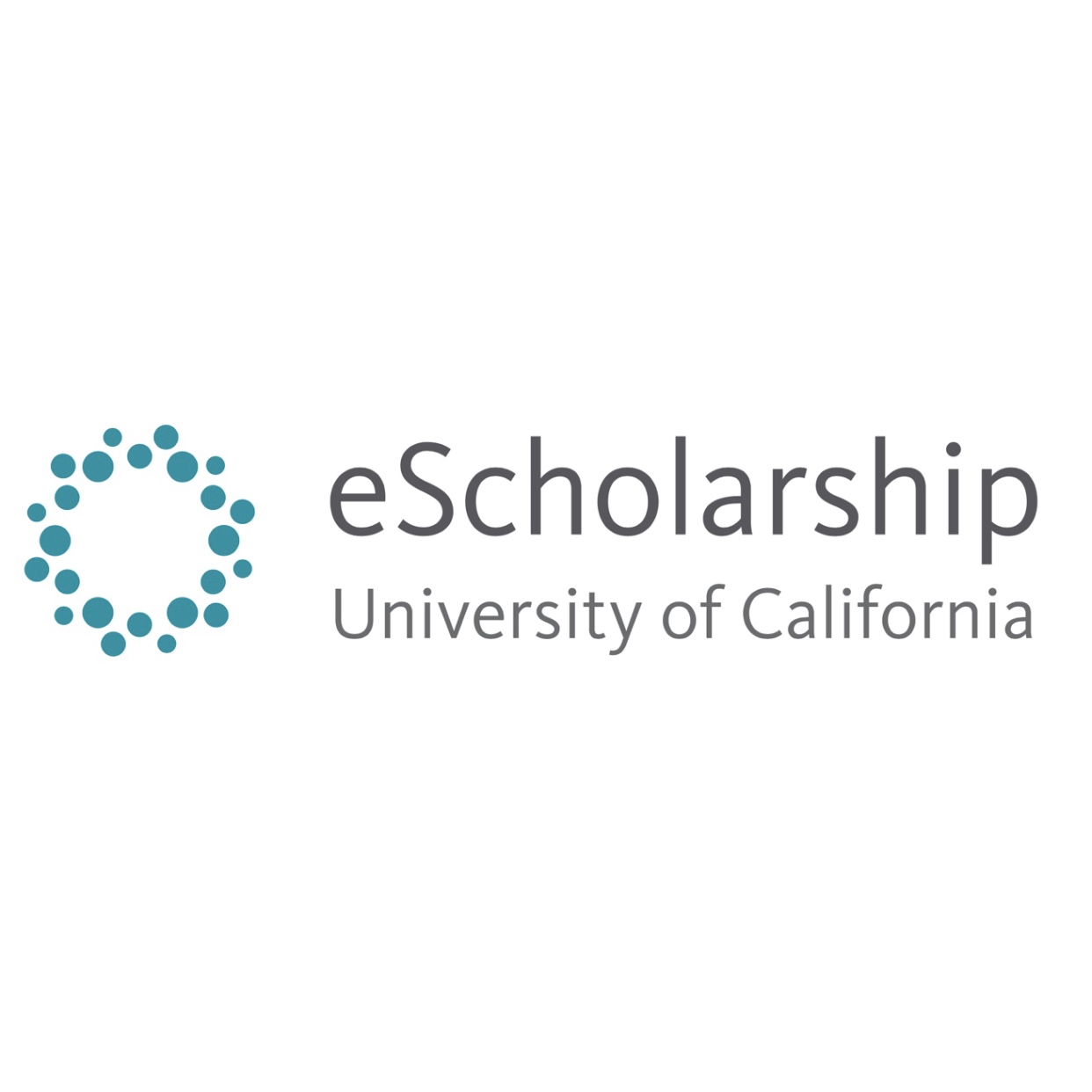Feed
-
OpportunityLegume Systems Grant Writers Workshop and Seed Grant CompetitionThe USAID Feed the Future Legume Systems Innovation Lab at Michigan State University is pleased to announce the Legume Systems Grant Writers Workshop and Seed Grant Competition. This unique opportunity will combine a grant writing workshop followed by a proposal writing competition. A total of six seed grants ($5,000 each) will be rewarded for research in any aspect of the legume value chin specific to cowpea, pigeon pea, or common bean for work in any of the following countries: Benin, Burkina Faso, Ghana, Malawi, Mali, Mozambique, Nigeria, Nigeria, Senegal, and Zambia. Application and concept note deadline is February 28, 2022. The goal of this event is to build the grant writing and science communication skills of partner country researchers. See attached flyer for more details.By: Raquel AcostaTuesday, Jan 25, 2022AGRI-FOOD SYSTEMS
-
OpportunityPromoting climate-smart aquaculture systems A virtual discussionA virtual discussion exploring the latest research and technology in aquaculture production systems for improved livelihoods.Thursday, 27 January 202219:00-20:30 (UTC+8) / 13:00-14:30 (UTC+2) Click here to register and save your spot The Advancing Climate-Smart Aquaculture Technologies (ACliSAT) project promotes climate-resilient and sustainable aquaculture practices of the Nile Tilapia for different water and environmental conditions in Egypt, Eritrea, and Ethiopia. The project's work focuses on aquaculture systems such as the Improved Pond Raceway Aquaculture System (IPRAS) and Integrated Aquaculture-Agriculture system (IAA), that optimize water use efficiency and adapt to different environmental conditions are important for successful tilapia farming in arid lands. WorldFish and IFAD are organizing a joint webinar to share the research findings, knowledge, and know-how on the climate-smart aquaculture systems gathered from the ACliSAT project. The webinar aims to promote IPRAS and IAA as production systems that enable intensification of Tilapia production, the efficient use of natural resources and feed nutrients, and managing waste and loss by re-using wastes such as pond water and mud as crop fertilizer.Climate-smart aquaculture systems are of particular importance in mitigating the pressing effects of climate change as well as adapting to the changing climate conditions that directly affect the food security, nutrition, and livelihoods of millions of vulnerable people in developing countries. Follow WorldFish and the hashtag #aquaticfoods to join the virtual dialogue on Twitter. We look forward to your active participation. To register: Webinar Registration - ZoomBy: Raquel AcostaThursday, Jan 20, 2022WATER, ENERGY, AND THE ENVIRONMENT

-
OpportunityAfrican Studies Review CallThe African Studies Review invites expressions of interest for new Book Review Editors to join the editorial team. The ASR is committed to inclusivity and diversity. We are seeking to appoint new editors beginning March 2022. The ASR is a bilingual multidisciplinary journal publishing in English and French. Ideal candidates should have a PhD in their respective field or discipline or interdisciplinary area, be published scholars, either tenured associate professors or higher in rank, or lecturers with workplace security, comfortable reading and engaging with scholarship beyond their areas and regions of expertise. Bilingual candidates are particularly welcome. Editors should have a working command of scholarly English; a familiarity with French modes of scholarship would be a significant asset. Applicants may reside in any part of the world. Applicants working in East Africa, the Horn of Africa, and North Africa, or arabophone Africa are particularly welcome. Applicants from the African continent are especially welcome. The position of Book Review Editor is entirely voluntary and comes with no remuneration. Current Book Review Editors incorporate the position within their annual plans-of-work at their home institutions. Book Review Editors report directly to the Editor-in-Chief (EIC) and Senior Book Review Editor. The chief responsibilities of the Book Review Editor are to regularly consult the log of books received maintained by the Managing Editor and suggest possible names of reviewers for potential invitation. The Book Review Editors will further be asked to assess book reviews once they are received, and provide feedback for these reviews. Expressions of interest in the form a single-page letter and complete curriculum vitae should be sent by email to Kathryn Salucka kathryn@africanstudies.org at your earliest convenience. Review of applications will commence February 1, 2022. Individual applicants will be invited to meet with current editors to discuss joining the team as part of the application review process.By: Raquel AcostaThursday, Jan 20, 2022EDUCATION

-
OpportunityConference on Higher Education Advances (HEAd’22)After the great success of the last HEAd conference, with 200 participants from more than 50 countries, we are pleased to announce the Eighth International Conference on Higher Education Advances (HEAd’22), as a virtual and face-to-face conference, simultaneously. This conference is a consolidated forum for researchers and practitioners to exchange ideas, experiences, opinions and research results relating to the preparation of students, teaching/learning methodologies and the organization of educational systems. Topics of interest include, but are not limited to, the following topic areas: Innovative materials and new tools for teaching Teaching and learning experiences Educational technology (e.g., virtual labs, e-learning) Evaluation and assessment of student learning Emerging technologies in learning (e.g., MOOC, OER, gamification) Scientific and research education Experiences outside the classroom (e.g., practicums, mobility) New teaching/learning theories and models Globalization in education and education reforms Education economics Entrepreneurship and learning for employment Education accreditation, quality and assessment Competency-based learning and skill assessment Participants from all over the world are expected to present their latest and unpublished research findings. The program committee encourages the submission of articles that communicate applied and empirical findings of interest to higher education professionals. The HEAd’22 conference will be held on June 14-17, 2022 and hosted by the Faculty of Business Administration and Management of the Universitat Politècnica de València (UPV), which has been recently ranked as the best technical university in Spain by the Academic Ranking of World Universities (ARWU) 2021. Valencia is the third largest city in Spain and is located on the shore of the Mediterranean Sea. It is the capital city of the Comunitat Valenciana region, which is major tourist destination in summer, and we recommend the visit once the pandemic is over. The organizing committee looks forward to welcoming you all to a fruitful conference with open discussions and important networking to promote high quality education. In case of questions related to the conference, please contact us at headconf@upv.esBy: Raquel AcostaTuesday, Jan 18, 2022CULTURE AND SOCIETY+1
-
OpportunityApply for the next competition of the Carnegie African Diaspora Fellowship ProgramThe Institute of International Education (IIE) is pleased to announce that the next round of competition for the CADFP is now open.Apply now or share this message with those who might be interested. What is the CADFP?The CADFP is a scholar exchange program for African higher education institutions to host a diaspora scholar for 14-90 days for projects in curriculum co-development, research collaboration and graduate student teaching and mentoring. Who is eligible? Accredited universities in Ghana, Kenya, Nigeria, South Africa, Tanzania and Uganda, and member institutions of the African Research Universities Alliance (ARUA) (including Addis Ababa University, Ethiopia; the University of Rwanda; Cheikh Anta Diop University, Senegal; and University of Mauritius) can submit a project request to host a scholar. Scholars born in Africa, who live in the United States or Canada and work in an accredited college or university in either of those two countries, can apply online to be placed on a roster of candidates for a fellowship. Scholars must hold a terminal degree in their field and may hold any academic rank. How do I apply?Links and information about the African host institution project request application, scholar roster application and review guidelines are posted on the CADFP website. Interested parties are invited to register for one of our informational webinars: Information for Diaspora Scholars, Webinar #1: Thursday, January 13 at 11 AM Eastern US TimeInformation for Potential Hosts: Wednesday, January 19 at 10 AM South Africa Standard TimeInformation for Diaspora Scholars, Webinar #2: Thursday, January 27 at 12 noon Eastern US Time After the webinars, we will post a recording on our YouTube Channel. TimelineThe deadline for project requests from host universities and scholar applications for diaspora scholars is February 28, 2022 at 11:59 pm EST. Selection decisions will be made in March-April 2022; project visits can begin as early as June 1, 2022 and must be completed by November 30, 2023. BenefitsSelected fellows receive a $150/day stipend, visa costs, limited health insurance, round-trip international air travel and ground transportation costs to and from home and the U.S./Canadian airport. Selected Host Fellows and Diaspora Fellows can apply for supplemental funds to be used for fieldwork, publication costs and workshops. The CADFP Team manages the fellowships and payments to fellows. Host institutions are encouraged to provide cost-share for the fellow’s meals, lodging and in-country transportation.For more information on the fellowship program and application process, as well as the projects of current fellows, please write to us at AfricanDiaspora@iie.org visit our website and our communities on Facebook and Twitter.By: Raquel AcostaFriday, Jan 7, 2022EDUCATION
 No Preview Available
No Preview Available -
Opportunity2022 International Conference on Water in Africa2022 International Conference on Water in Africa and Workshop on UN Sustainable Goals (3 & 6) Date: February 9th - 11th, 2022. Venue: Zoom/Princess Alexandria Auditorium (PAA), University of Nigeria, Nsukka Background Tackling today’s water and health challenges demands not just a scientific conversation but a collaborative approach involving the Humanities, Social Sciences and Natural Sciences. This conference, comprising of both plenary and technical sessions and a workshop, is a convergence of Science and the Arts that provides opportunity for transdisciplinary conversations and frontiers on water and public health. Theme: Towards Successful Delivery of United Nation’s Sustainable Development Goals 3 and 6 in Africa. This robust theme accommodates multiple subthemes, including: Aquatic environments and health: Water, sanitation and hygiene (WASH) Water treatment and wastewater treatment Water and theatre for development (TfD) Water education, literacy and awareness Water management and governance Water, agriculture and food security Water, women and gender concerns Water security and climate change Water risk and resilience assessments Hydrogeology, hydro-informatics and modelling Bioactive agents from aquatic ecosystems Bioenergy and biochemicals from wastewater Abstract submission We invite scholars, non-governmental organisations, community-based organisations, civil societies, government organizations and development agencies to submit abstracts of no more than 250 words (in MS Word, single-line spacing and Time New Roman font 12) to the conference email (waterconference@unn.edu.ng). The deadline for abstract submission is January 21,22 Contact the organizers via email (waterconference@unn.edu.ng)By: Vincent ChigorThursday, Jan 6, 2022WATER, ENERGY, AND THE ENVIRONMENT

-
OpportunityUfahamu: A Journal of African Studies, Call for SubmissionsCALL FOR PAPERS CLOSES FEBRUARY 15TH SEND SUBMISSIONS TO UFAHAMU@GMAIL.COM CALL FOR PAPERS FOR UFAHAMU DUE FEB. 15, 2022 The editors of Ufahamu: A Journal of African Studies are currently accepting submissions for Volume 43, Issue 2. In honor of the journal’s recent 50th anniversary of publication, this special retrospective issue will include republished essays from the back catalog alongside new submissions including, but not limited to: Essays Poems Book reviews Visual arts This call gives special consideration to those submissions which directly engage with the themes covered in the first decades of Ufahamu’s publication. Examples include direct engagement with a previously published article in Ufahamu, a paper written through citations of past Ufahamu writings, or any submission addressing themes such as: Anti-colonialism National liberation Consciousness Pan-Africanism Black Marxisms Diaspora Activist-intellectualism and much more! The editors are also soliciting articles concerning contemporary political issues in Africa and the diaspora in the spirit of Ufahamu’s original activist-academic ethos. Ufahamu’s full catalog is freely available and digitized at https://escholarship.org/uc/international_asc_ufahamu/1/1 For more information about Ufahamu, please visit https://international.ucla.edu/asc/ufahamu ---------------- Information forwarded by the UCLA African Studies Center – www.international.ucla.edu/africaBy: Raquel AcostaWednesday, Jan 5, 2022CULTURE AND SOCIETY+1
 No Preview Available
No Preview Available

Leave a comment